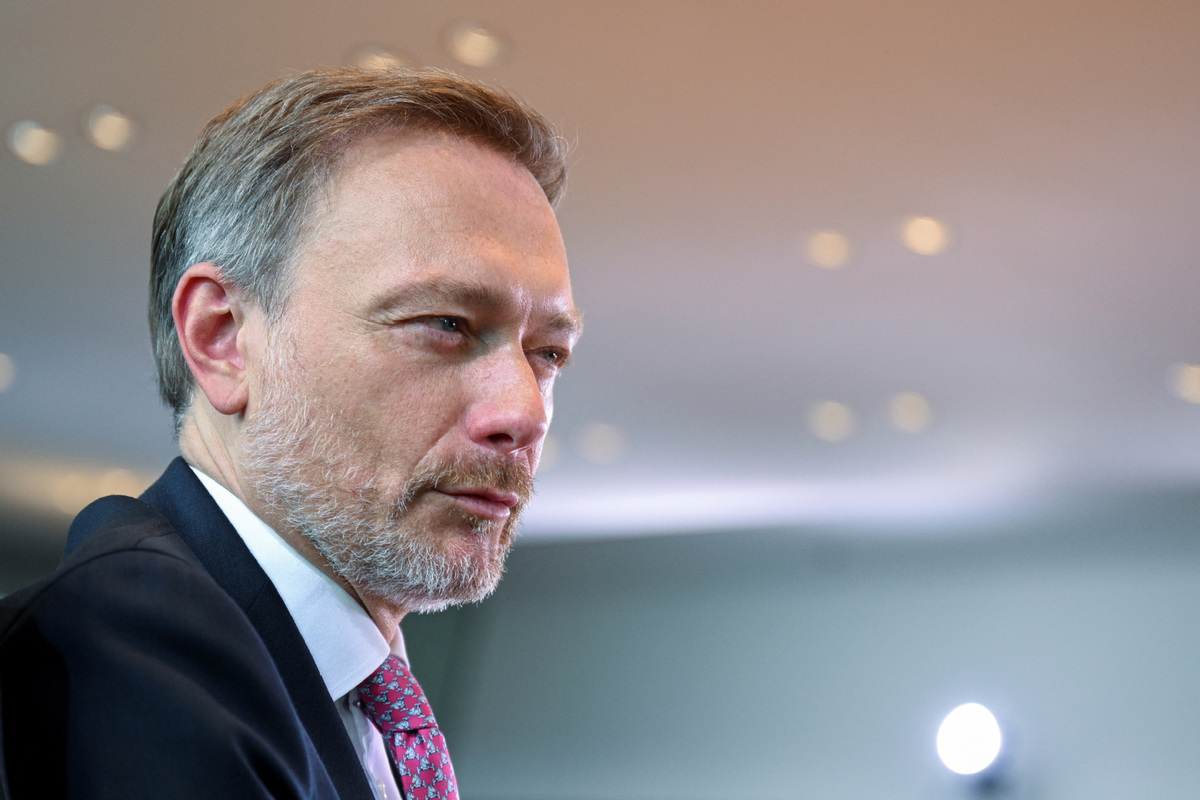Germany refuses Intel's call for increased subsidies
By JONATHAN POWELL in London | China Daily Global | Updated: 2023-06-13 10:19

Germany's Finance Minister Christian Lindner has refused demands from the United States-based computing giant Intel for increased subsidies concerning a new 17-billion-euro ($18 billion) semiconductor factory in eastern Germany, stating that the country's financial resources cannot support it.
The company had been slated to obtain 6.8 billion euros in governmental assistance for its manufacturing facility in the city of Magdeburg, but due to higher energy and construction costs, the multinational is now seeking about 10 billion euros, the Financial Times newspaper reported.
"There is no more money available in the budget," Lindner told the newspaper. "We are trying to consolidate the budget right now, not expand it."
The project represents the most substantial foreign investment in Germany's postwar era and is considered crucial to the European Union's strategy to increase its global semiconductor market share, from its current position of under 10 percent to 20 percent by 2030, the newspaper noted.
Last year, Intel revealed its selection of Magdeburg as the location for a new chip production facility that would be part of a massive $88 billion investment effort across Europe, noted Reuters news agency.
The initiative also encompasses the enhancement of an existing factory in Ireland, establishing a packaging and assembly site in Italy, and constructing a design and research center in France.
Some members of the German government, including Economy Minister Robert Habeck, hold the view that Berlin should attempt to match the considerable backing provided by the US government via its Chips and Science Act, noted the FT.
The legislation, implemented by US President Joe Biden's administration, allocates $52 billion in funding to strengthen semiconductor manufacturing within the US.
However, a number of economists in the eurozone's leading economy maintain that subsidies squander taxpayer resources.
There are also concerns that Germany's intention to reduce reliance on Asian suppliers might be unfeasible, due to the elaborate structure of supply chains within the semiconductor sector, noted the newspaper.
Intel's request for additional funds has led to a division within the government, it added. Chancellor Olaf Scholz, a Social Democrat, and Habeck, a Green Party member, are thought to be receptive to offering further financial support, based on signals that Intel could potentially raise its overall investment.
Lindner, leader of the financially conservative Free Democrats, a minor party in Scholz's coalition, stated he was "no great fan of subsidies".
"The chancellery and the economy ministry will have to show where the additional financing is to come from," he said.
In a short response to Lindner's remarks, Intel told the FT that "there is a cost gap and we are working with the government on how to close it".
Intel is one of several chip manufacturers seeking government funding to establish factories in Europe, noted Reuters. Others include TSMC and the US-based Wolfspeed.
























